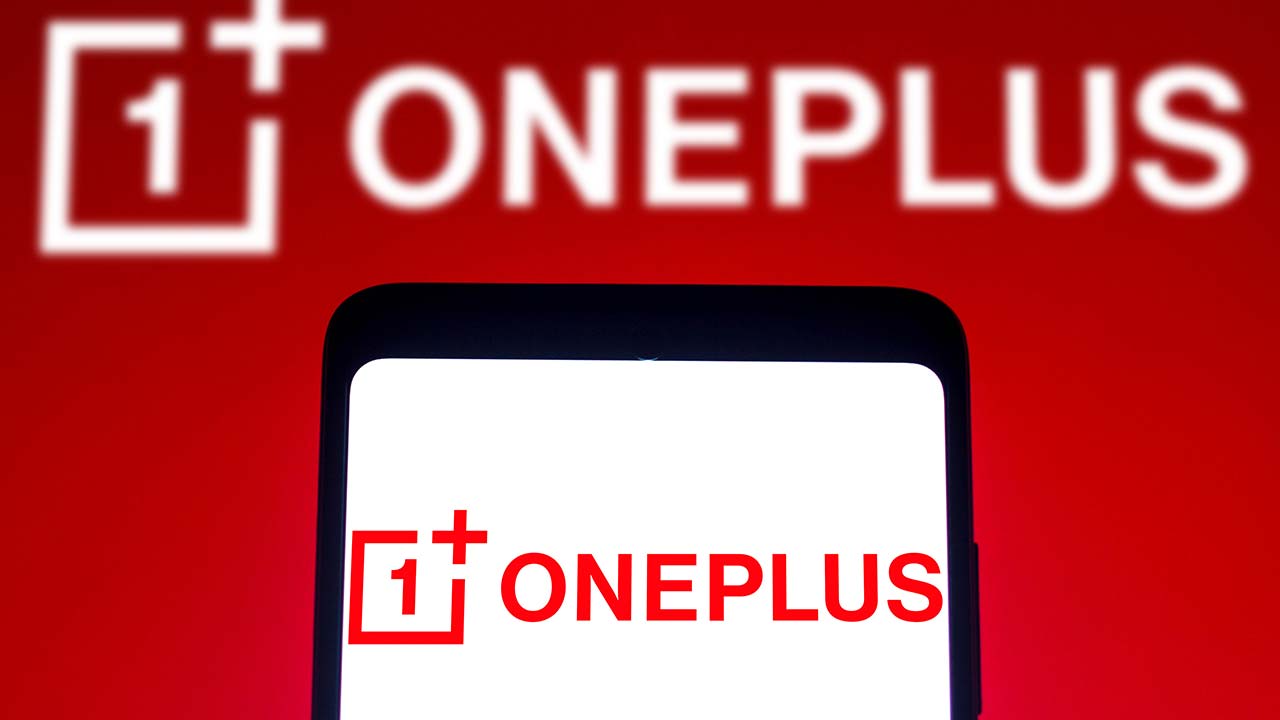After delivering an impressive performance on customer satisfaction through 2020, wireless operators this year will be challenged to keep the trend going. Consumers are marching into 2021 with high expectations based on the above-and-beyond efforts of service providers through the economic and logistical challenges posed by a pandemic year—illustrated most dramatically by the industry’s embrace of the Keep Americans Connected pledge.
Moving forward, however, operators are looking for ways to maintain the good will this initiative built as they return to more normal operations. It is an effort that will be complicated by concerns and confusion around the hallmark technology of 2021: 5G.
Before we look ahead, however, the industry does deserve a victory lap for its strong performance through a year that threatened the health of our nation while delivering devastating damage to the economy. The events left an indelible mark on virtually every aspect of how carriers take care of their customers.
All carriers managed to maintain high scores in customer experience through the pandemic. This is doubly impressive when considering the high number of wireless retail establishments that closed—with many to never reopen. Stores that remained open, or reopened over the course of the year, faced significant expenses associated with the development of health and safety measures, such as sanitary protocols, putting up plexiglass and establishing processes for curbside pickup.
RELATED: Greenblatt: Wireless purchase experience improves through Covid
Within a few weeks’ time, “normal” customer experiences yielded to unfamiliar protocols, as consumers and customer service representatives (CSRs) moved home en masse to interact via phone and digital channels. The fact that carriers were still able to deliver products to customers and provide startup, authentication, authorization and service to devices without a loss of satisfaction is remarkable.
Network infrastructure and supply chain resilience delivered ROI
Beyond proficiency demonstrated by carriers in delivering strong customer service through the pandemic, 2020 also saw welcome justification for the investments that wireless providers made in network infrastructures over the past few years. There was not a single catastrophic outage over the course of 2020, even when usage was at its peak during the work-from-home, study-from-home and shelter-in-place periods.
Equally impressive was the unfaltering performance of the carrier retail supply chain. Despite major disruptions in production and global logistics channels—especially those that involved China—consumers were able to access a broad array of new products over the course of 2020.
Even at the height of the COVID-19 pandemic, J.D. Power documented rising customer satisfaction scores across the board. This was due to how well CSRs and networks performed coupled with a strong sense of gratitude from consumers who were more dependent than ever on their digital channels of communication.
5G confusion is the key issue to address in 2021
Almost buried in the chaos of 2020 was the debut of 5G. Rolled out with great fanfare, consumers were exposed to a dizzying array of claims, offers and nomenclatures that did more to confuse than clarify the promise of tangible benefits from this next generation technology.
While too early to measure wide scale customer satisfaction with the differentiated experience offered by 5G capable phones, carriers may have an uphill battle to convince consumers of the value it can deliver over existing technology.
J.D. Power research in 2020 shows a significant increase in customer awareness of 5G. Approximately 92% of wireless customers know about the technology. However, only 26% of wireless subscribers believe 5G will be significantly faster than current 4G LTE technology, with just 5% of survey respondents indicating a willingness to pay more for 5G service. Only 4% of consumers are willing to switch networks based on support of 5G.
In the wake of grand claims by carriers of low-latency, super-fast connections being a bit ahead of reality or meaningful availability, carriers would be well advised to carefully monitor the 5G expectations of consumers. Indeed, early adopters will be vocal about frustrations if they purchase 5G phones that don’t work as expected on their service providers’ networks or fail to deliver significant performance improvements. While there is currently little evidence that 5G technology—by itself—has emerged as a compelling driver (or eliminator) of churn, a failure to meet these lofty expectations will lead to a drop in customer satisfaction.
Of note, promotions and deals related to 5G are likely to persuade many consumers to try new network service providers. Consumers have expressed interest in switching carriers for a free new iPhone—or the latest Android offering. At over a thousand dollars per well-optioned device, many subscribers may well be open to making a 24-month commitment to a new carrier to underwrite the acquisition of the latest technology.
In the end, however, the pandemic has uncovered one crystal-clear success principle for 2021: excellent customer service plays a crucial role in retaining customers. Looking back at 2020, many subscribers feel their carriers are working with them, standing shoulder to shoulder to reinforce a sense of community. This camaraderie will continue to be extremely important in maintaining customer loyalty and satisfaction over a foreseeable potential future of persistent and dynamic economic, social and technological change.
J.D. Powers’ Nick Lembach contributed to this report.
Ian Greenblatt leads J.D. Power’s Technology, Media and Telecommunications Intelligence. With in-depth industry expertise, Ian drives market strategy across the rapidly converging landscape, which encompasses the entire communication sector. He is a graduate of Northwestern University and DePaul University College of Law. You can reach him by email at [email protected] and follow him on Twitter at @GreenblattTMT.
Nick Lembach is Consumer Insights Manager for J.D. Power’s Technology, Media, and Telecommunications Intelligence, where he oversees the analysis, production, and delivery of syndicated research and helps clients unearth actionable insights from the data. Prior to this, he was a Research Manager at Recargo (PlugShare), a Consumer Insights Analyst at Guitar Center, and a Project Manager at Direct Opinions. Mr. Lembach is a graduate of The Ohio State University. You can reach him by email at [email protected].
Industry Voices are opinion columns written by outside contributors—often industry experts or analysts—who are invited to the conversation by FierceWireless staff. They do not represent the opinions of FierceWireless.













